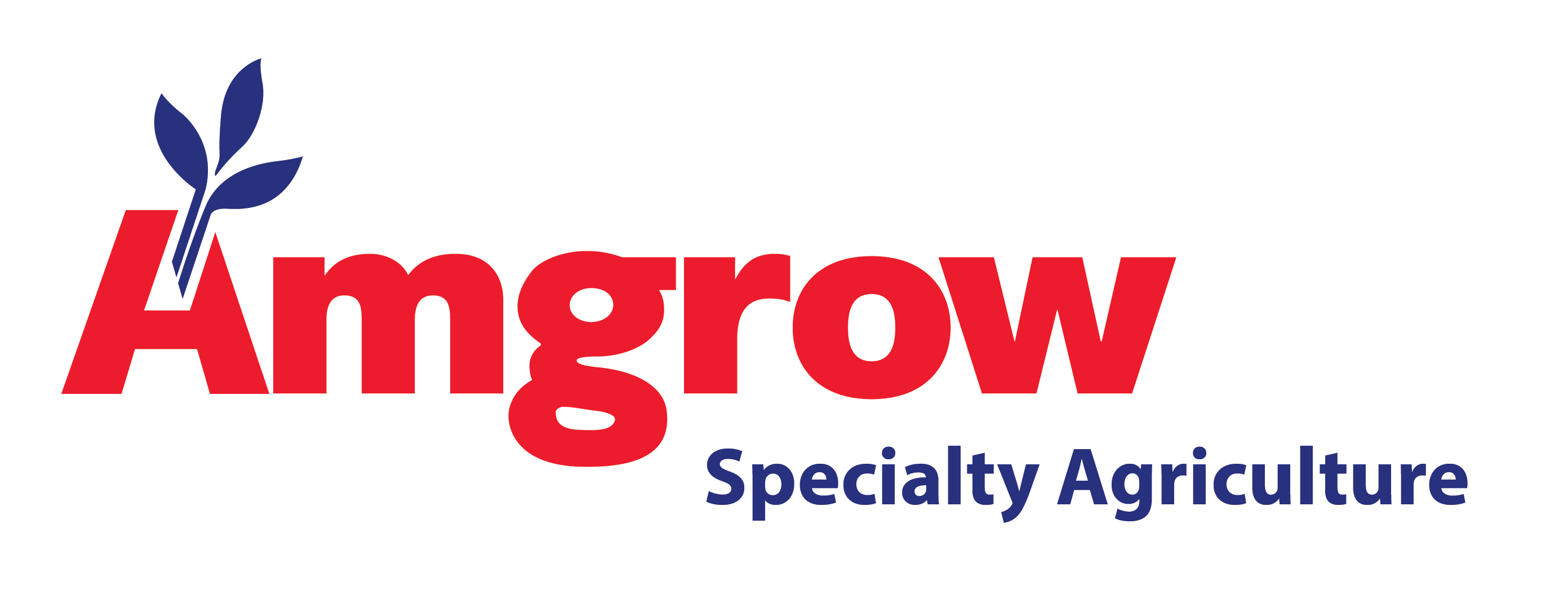
Pollination and Flowering is key to increasing Yields
Securing consistent high yields in any crop is the result of a successful combination of many farm different management practices. Some of the essential management practices that require serious on-farm planning include irrigation, disease / insect / weed control and nutrition management. Product Technical Specialist at Barmac, Chris Poletto states that nutrition management itself is a real science and can be a very complex area to get absolutely right. Besides calculating a nutrient budget that will deliver the nutrients required over the entire growing season to the particular crop, timing of particular nutrient applications can be equally as important and there is no more important window in the growth cycle than the flowering and setting period to get nutrition right. One aspect during the flowering period which is commonly problematic in tree crops is caused by inadequate boron nutrition. Boron is an essential nutrient that plays an incredibly critical role in ensuring pollination translates into successful fertilisation. After pollination occurs (the transfer of male pollen to the female stigma), a pollen tube normally grows down from the stigma to the ovary below where the egg is located. This tube is required to deliver the male pollen to the egg and allows fertilisation to take place; however when boron is deficient during this short phase, pollen tube growth is severely affected to the point where fertilisation cannot occur. Foliar spraying boron leading up to and during early bloom has become an increasingly popular and effective nutrition management strategy to ensure boron is present and mobile within the flower to support strong pollen tube development. Boron mobility within the flower is the key to ensuring uniform fertilisation throughout the tree occurs and setting of nuts and fruit follows uniformly throughout the orchard. Barmac recommends the use of Manni-Plex Boron in tree crops leading up to and during early bloom to ensure boron is present and mobile within all the floral reproductive parts to ensure the fertilization process is completed and an optimal nut or fruit set is secured across your orchard. Since 2003, Barmac has been distributing the Manni-Plex foliar fertiliser range in Australia. Manni-Plex is built on sugar alcohol complexed nutrient formulations. Manni-Plex products include a complex of humectants, spreaders and several forms of sugar alcohols, to aid nutrient absorption and translocation within plants.
Another issue that may need addressing in flowering tree crops is pollination, successful pollination to be precise. Chris Poletto said that while a number of factors can lead to below average yields, the reduction in fruit / nut setting from poor pollination and inconsistent fertilization are factors which can be improved upon every season with some preventative effort. Poor pollination is often attributed to low bee activity in the trees during the bloom period. Taking steps to enhance bee presence throughout orchards during flowering is a logical management practice to implement to enhance yields through achieving more consistent pollination. BeeKeeper is a product distributed by Barmac to rural outlets across the country that is used for attracting bees to flowering crops. This popular product contains a mixture of honey bee pheromones and is sprayed onto orchards for the very purpose of increasing bee activity within the trees to convert more flower contact into successful, uniform pollination. BeeKeeper is economical to apply and provides growers confidence that bees are active in their orchard during flowering. The addition of Manni-Plex Boron and BeeKeeper into your flowering program is a practical strategy increase confidence, secure tree yields and boost returns.
For more information on Manni-Plex Boron, BeeKeeper or any other Barmac product, please refer to our awesome website at barmac.com.au or talk to your local Barmac Territory Manager.